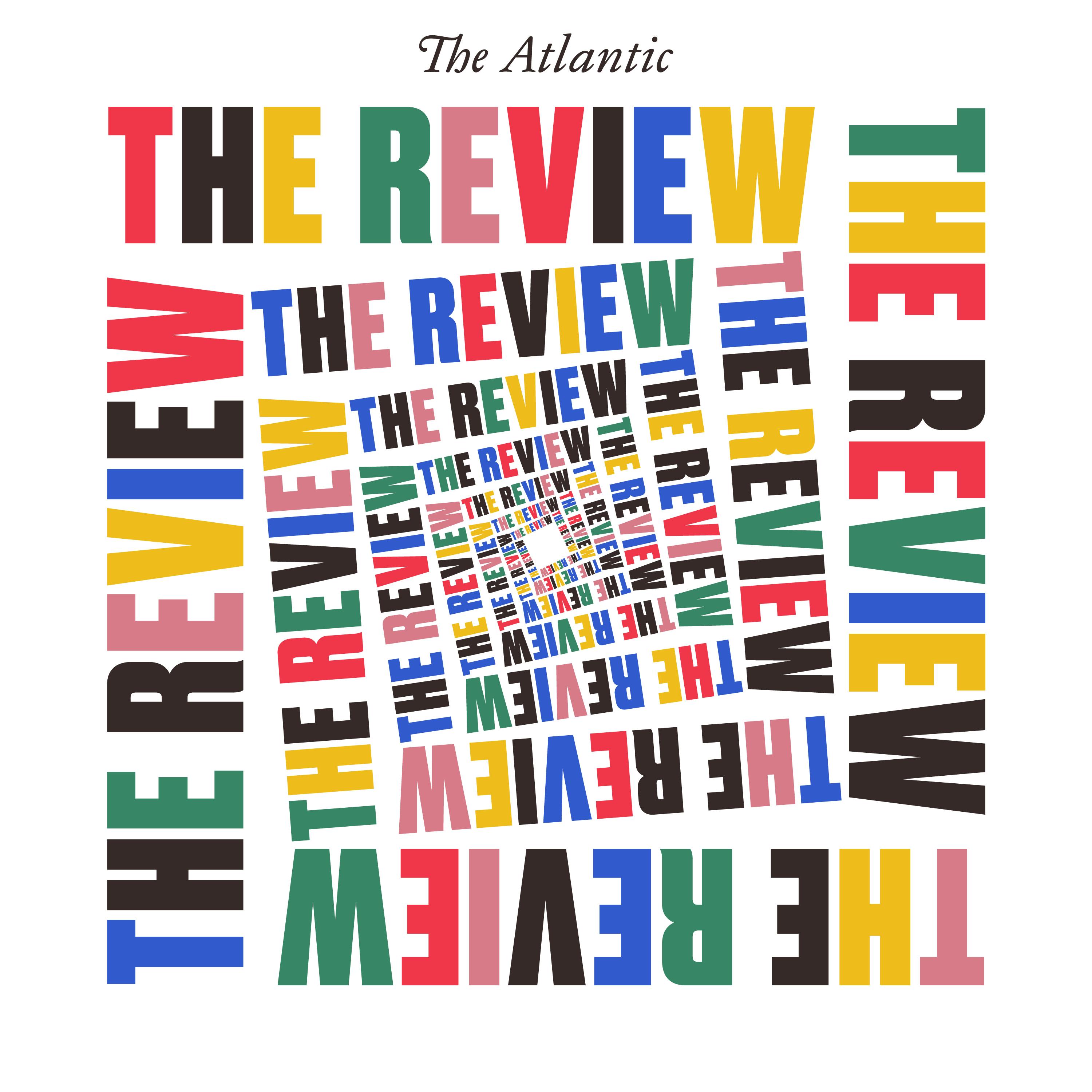Dickinson
Description
Emily Dickinson’s life, according to the show Dickinson, had a lot more gay sex and twerking than middle school English class would have had you believe. And, from what we now know of the reclusive poet’s life, at least half of that is true.
The cult hit Apple TV+ show—now in its third and final season—retells Dickinson’s life by pairing a modern knowledge of her lifelong relationships with a modern set of anachronisms: The 19th-century residents of Amherst, Massachusetts, twerk to hip-hop. They stay in for “novels and chill.” They hook up, curse, and use slang as if they were alive today.
But Dickinson’s not alone in its approach. With shows like Bridgerton and The Great also blending the last few centuries, why is television using period settings to tell contemporary stories lately? Does the slant of that approach bring something direct storytelling can’t?
The Atlantic staff writers Sophie Gilbert, Shirley Li, and Spencer Kornhaber discuss.
Learn more about your ad choices. Visit megaphone.fm/adchoices
More Episodes
Top Gun: Maverick is out soon! But can any movie with fast planes, Tom Cruise, and beach volleyball truly compare to the classic fighter pilot movie about, as writer Shirley Li puts it, "cute boys calling each other cute names"? Find out with Shirley, Megan Garber, and David Sims, and explore the...
Published 05/25/22
Published 05/25/22
In a possibly-soon-to-be-post-Roe v Wade world, our hosts Sophie Gilbert, Megan Garber, and Hannah Giorgis thought it'd be worth re-examining the Judd Apatow/Seth Rogan comedy "Knocked Up," to discuss the way the movie treats women's bodily autonomy, angry reactions from men, and abortion.
Megan...
Published 05/18/22


